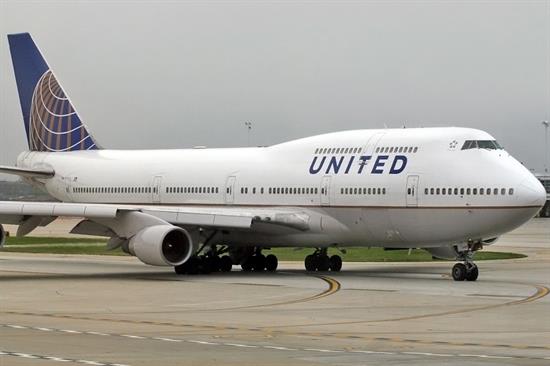Two Congress Members Urge EpiPens To Be Mandatory Equipment On AircraftThe representatives said the move is “commonsense language” to “prevent entirely avoidable” inflight emergencies.
Washington,
June 24, 2023
Originally published in Simple Flying
By Channing Reid In a bipartisan push, two members of Congress are recommending that epinephrine auto-injectors, or EpiPens, are required to be in aircraft emergency medical kits. Representatives Chrissy Houlahan (D-PA) and David Valadao (R-CA) sent a letter to the House Committee on Transportation and Infrastructure. The letter was reportedly sent just before the Federal Aviation Administration (FAA) Reauthorization Act of 2023 was introduced by Senate Commerce Committee. The bill is designed to promote aviation safety, regulate fees, and improve consumer protections. A “life-saving measure”
In a statement, Houlahan said EpiPens would contribute to reduced inflight health emergencies.
Emergency medical kits
According to Houlahan’s office, the letter explicitly addressed to the House Transportation and Infrastructure Committee and Aviation Subcommittee leadership encouraged the Committee to require the FAA to review the contents of inflight medical kits regularly. On June 14th, the Committee passed an amendment requiring the FAA to do so. With the decision, the FAA administrator must review and update the regulations of the emergency medical kit contents and the medical training required for airline flight crews within 12 months. The amendment also requires the administrator to consider new medications that could be included in the emergency kits and examine whether the contents have essential drugs and equipment that can be used to treat the emergency medical needs of pregnant women, children, cardiac arrest, anaphylaxis, and opioid overdoses. “It’s great that there will be a review and update of the contents in emergency medical kits and whether they can be practicably administered in flight,” Houlahan said. “I’m hopeful the FAA Reauthorization will lead to the protection thousands of Americans by FAA using this mandated review to include auto-injectors on commercial flights.” Reducing emergencies and saving lives
Valadao said having the proper medical equipment onboard will ensure the safety of passengers and offer peace of mind. “Ensuring airplanes have EpiPens on board and our airline crews are trained to administer these emergency medications is a measure that would without a doubt save lives,” the representative explained. Valadao is the co-chair of the Congressional Allergy and Asthma Caucus, a bipartisan group dedicated to increasing awareness of health and economic concerns related to asthma and severe allergies. The representative said since people who suffer from severe allergies are at risk of anaphylaxis, it is common sense to reform the FAA regulations to keep travelers safe. According to the Asthma and Allergy Foundation of America, 32 million Americans cope with food allergies. The foundation also encourages the use of EpiPens on commercial flights. “The Asthma and Allergy Foundation of America applauds Representatives Houlahan and Valadao for initiating this bipartisan letter to ensure that every passenger aircraft emergency medical kit include epinephrine auto injectors, and we appreciate the 14 Representatives who co-signed the letter,” said Kenneth Mendez, the foundation’s CEO. |
In the News



